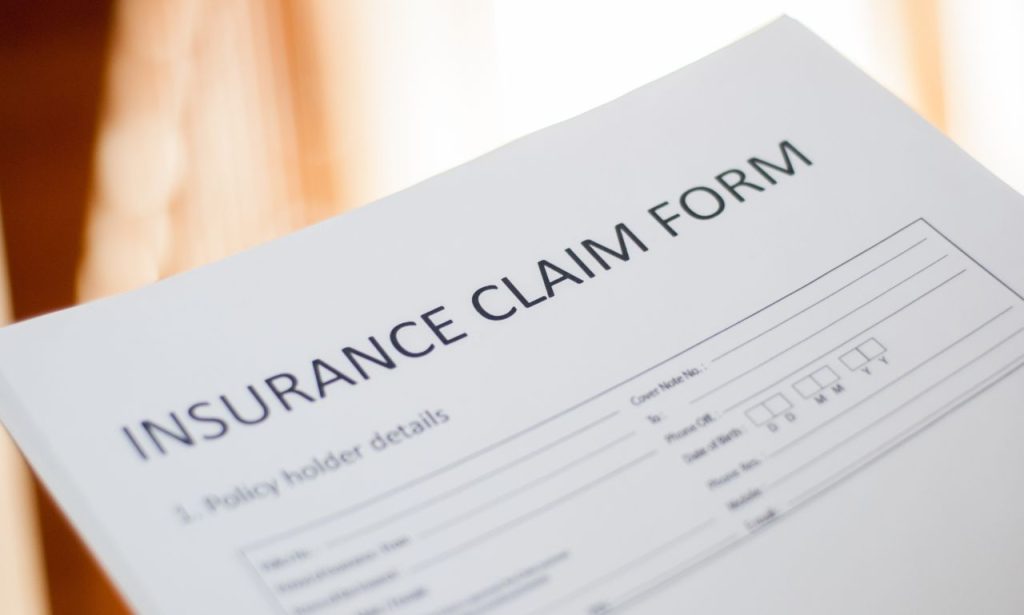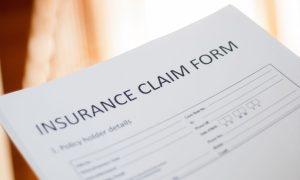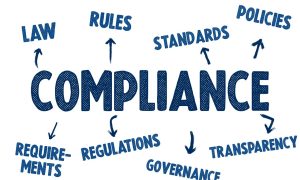When you’re in a crash, your mind races: Who’s hurt? What’s damaged? And most crucially, what happens next with the insurance? In this article, we break down every step insurers take after a wreck. You’ll learn how the claims process works, what adjusters do, common pushback tactics, and how to make sure you get every dollar you deserve. We’ll cover when to loop in an attorney, policy limits you need to know, and killer tips for talking to your insurer without leaving money on the table.
The Claims Process
After a collision, the first call is to your insurance company. You typically report details within 24 to 48 hours. An initial claim number gets assigned quickly so they can start tracking everything. Next, an adjuster reviews your policy, the police report (if available), and any photos you provide. They verify coverage, determine liability percentages, and outline what damages the policy will cover. From there, repairs are scheduled, rental car provisions are activated if you have them, and medical bills begin to flow through the system.
Insurers rely on organized workflows to efficiently manage claims. They use dedicated software to log conversations and receipts and estimate approvals. Every note you share—phone call summaries, photos, medical statements—becomes part of your claim file. Staying on top of updates by checking the insurer’s online portal or mobile app speeds things up. When carriers see you’re engaged, they’re less likely to stall or miss deadlines.
Working with Adjusters

Adjusters are the linchpin of your claim. Their job is to figure out how much your insurer owes. You may encounter two types: staff adjusters, who are full-time employees, and independent adjusters, who work on a contract basis. Both types follow company guidelines but sometimes have conflicting incentives. Staff adjusters tend to be more familiar with internal procedures, whereas independents often have to juggle multiple carriers’ rules.
Building rapport with your adjuster pays off. Be polite and punctual when providing documents. If you sense stonewalling or vague answers, ask direct questions: “What’s pending on my claim?” or “Can you give me a timeline for the next steps?” Clear communication helps them process your file without unnecessary back-and-forth. You also want to keep a record—save emails, log call times, and confirm any promises in writing.
Challenges in the Claims Process
You might run into delays when adjusters are overloaded or claims are complex. If liability is disputed, your file can sit in limbo for weeks. Medical claims often require extensive documentation, especially for soft-tissue injuries where diagnostics aren’t clear-cut.
Misclassified estimates are another hurdle. An adjuster might label collision repairs as “cosmetic” rather than “structural,” which cuts your payout. To combat this, obtain independent repair estimates or request an appraisal clause if your policy permits it. You can also file a complaint with your state’s insurance regulator if the carrier isn’t playing fair.
Common Insurance Tactics
Quick settlement offers are one such move. You may receive a phone call within days of reporting, offering a tempting but typically lowball lump sum. They bank on claimants feeling exhausted or worried about mounting bills.
Another tactic is underestimating damages. Adjusters may use language like “pre-existing conditions” to shrink medical payouts or say certain auto parts don’t need replacement. They’ll point to deductibles, depreciation, or policy exclusions to chip away at your total. Recognizing these strategies up front gives you leverage to push back.
Quick Settlement Offers
When you get that first check, don’t rush to deposit it. Treat it as an opening bid, not a gift certificate. Take the time to compare repair shop estimates, gather medical bills, and calculate your out-of-pocket expenses, including rental car costs, tow fees, lost wages, and even Uber rides. Then, present a counteroffer with line-item justifications. If they refuse, you can escalate to a supervisor or use state-mandated appraisal or arbitration clauses.
Accepting an offer locks you into releasing the insurer from future claims on that accident. That’s why a quick check can cost you thousands in potential recovery. Stay firm and detail-oriented. Insurers respect claimants who know their numbers.
Strategies for Effective Communication with Insurers
Treat every interaction as part of building your case. Open with a concise summary: “I’m calling about claim #12345. Today, I’m providing the final repair estimate from XYZ Auto.” Then, ask your key question: “When can I expect payment?” Confirm the next steps and who you’ll talk to if delays occur.
Written communication is even stronger. Email or upload documents through the insurer’s portal so there’s a timestamped trail. If you must leave a voicemail, follow up with an email that outlines the key points discussed. This way, you reduce “he said, she said” disputes and keep the insurer on the clock.
Providing Detailed Information
Your goal is to make the adjuster’s job easier. Pass along police reports, photos showing damage angles, medical provider notes, itemized bills, and repair invoices. If you suffered income loss, include pay stubs or a letter from your employer. More detail equals fewer questions—translating into faster approvals.
Keep your own organized folder, digital or physical. Label everything by date and subject. That way, if an adjuster requests a missing document, you can respond immediately. Prompt replies prevent the claim from going stale and minimize the chances of being forgotten.
The Role of Legal Representation
Sometimes, you need a lawyer. If the insurer wrongfully denies your claim or presses wrongful liability, that’s a red flag. A personal injury attorney can send a demand letter under letterhead, which often jolts insurers into action. They can also litigate bad-faith practices, which might entitle you to extra damages beyond your original claim.
In cases of severe injuries, large property damage, or contested fault, legal guidance is virtually mandatory. Attorneys typically work on a contingency basis, meaning they only get paid if you win. Their network includes medical experts, accident reconstructionists, and vocational specialists who can strengthen your case.
When to Consult an Attorney

Consider talking to counsel if the insurer:
- Offers less than your documented expenses.
- Ignores your repeated calls and emails.
- Denies coverage based on a technicality you believe is invalid.
- Threatens to cancel or non-renew your policy.
A brief consultation often reveals whether you have grounds for a claim against the insurer itself for acting in bad faith. Many states impose penalties when companies unreasonably delay or deny valid claims.
Maximizing Compensation
To get top dollar, track every dollar you spend because of the accident. That includes medical co-pays, physical therapy, prescription meds, and even rideshare fares to appointments. Don’t forget “soft” costs, such as the destruction of documents or child care, when you’re in the hospital.
Document pain and suffering. Journaling how your injury affects daily life—sleep patterns, emotional distress, inability to drive your kids—creates evidence for non-economic damages. Use that to negotiate higher settlements or justify jury awards if it goes to trial.
Understanding Policy Limits
Your policy limit defines the maximum an insurer will pay per incident. You might have separate caps for bodily injury and property damage. Know these numbers cold. If losses exceed those limits, you’re on the hook for the rest. That’s when umbrella policies, excess coverage, or suing the at-fault driver personally come into play.
Ask your agent about stacking coverage if your state permits it. That approach layers multiple policies for higher limits. It costs extra in premiums but can be a lifesaver in multi-vehicle or high-damage crashes.
Conclusion
Insurance companies play a complex and multifaceted role following a car accident. They manage claims, assign adjusters, and often use tactics that benefit their bottom line. Staying organized, communicating clearly, and knowing when to push back are your best defenses against these challenges. If the insurer stalls or lowballs you, legal representation can reset the balance. Ultimately, understanding every step—from reporting a claim to maximizing compensation—puts you in the driver’s seat of your recovery.
ALSO READ: What to Do If a Loved One Is Arrested
FAQs
They investigate claims, assign adjusters, negotiate repairs and medical bills, and issue payments within policy limits.
Simple property claims can close in 2–4 weeks. Complex medical claims or disputed liability cases may last several months.
Only if you have rental reimbursement coverage, check your policy to see if it’s included.
Yes, but insurers often require you to use certified shops or get pre-approval on estimates.
Consult a lawyer if you face lowball offers, claim denials, or serious injuries exceeding policy limits.




